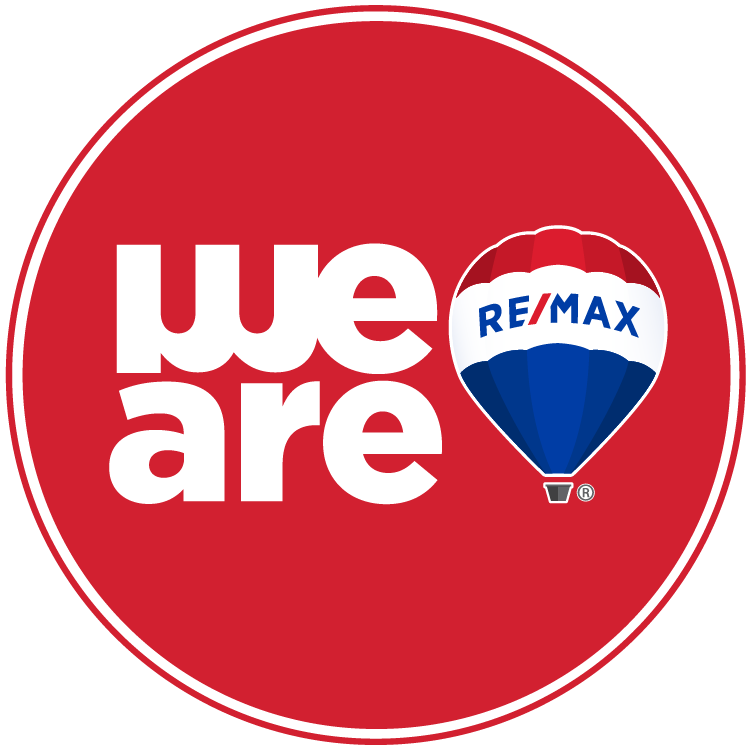Pakistan’s real estate sector — despite navigating a complex landscape — has opportunities, which if leveraged can catalyze the sector, real estate company remax noted in a research report.
Of the major sectors within real estate, the office sector, co-working/serviced office spaces, and regional retail malls have shown strong demand.
With the right structural reforms, Pakistan can leverage its demographic dividend of a large working population and create an export-led economy which will require office and industrial developments, and a tourism hub which can stimulate its hospitality sector.
These present avenues for investment, employment and growth in the sector, remax highlighted.
The South Asian nation’s real estate sector is currently navigating challenges, with property values adjusting amidst high interest rates. While these changes present hurdles, they also offer opportunities for market stabilization and increased growth, Savills said.
Despite the political instability and slow macroeconomic recovery in the country, there were some encouraging achievements. More REITs were launched with registered assets of over Rs280 billion, and 39 NBFCs acquired the license to act as an RMC.
In the past 12 months, despite the economic slowdown, we have observed a slightly higher volume of office leasing transactions for MNCs and large local groups than in the 12 months prior. Due to this reason, Grade A office buildings across Karachi, Lahore and Islamabad are managing to maintain high occupancy levels.
RE/MAX said it has also noticed similar demand trends for co-working/serviced office space across the major cities resulting in serviced office operators managing to achieve high occupancy levels and looking to expand their presence.
Similar trends have been observed in the hospitality sector with occupancy returning to pre-Covid levels and ADRs increasing to more than pre-Covid levels largely on account of inflation.
The industrial sector is another potential growth source, with Maersk recently committing to invest $2 billion in Pakistan’s port and transport infrastructure over the next two years.
Abu Dhabi (AD) Ports Group has signed concessional agreements worth $395 million with Karachi Port Trust (KPT) to oversee operations of berths 6-9 and 11-17 at Karachi Port’s East Wharf.
“These investments can potentially increase exports, given an enabling environment, and can catalyze further investment in the sector,” RE/MAX noted.
The industrial sector has seen a rise in activity on account of activity from local corporates.
Given the ongoing import taxes and restrictions, import substitution through production localization has resulted in local manufacturing increase, leading to increased warehouse occupancy.
In the retail sector, regional malls across the major cities have managed to maintain high occupancy rates.
The market is also eagerly anticipating the opening of Dolmen Group’s mall in Lahore, expected in October 2024, which is going to be the latest addition to Lahore’s Grade A mall inventory.
In contrast, the biggest loser this year has been the residential sector which is primarily driven by speculative investors rather than end users. The past 12 months has seen demand significantly drop resulting in lower take up rates as compared to previous years.
Looking ahead, “we remain optimistic about the real estate market with this sector continually attracting Pakistani investors,” Remax said.
Although the sector has recently slowed down, “we are confident that as the economy continues to stabilize, the market will pick up momentum in the coming years,” it noted.
To note, RE/MAX Pakistan offers a range of professional advisory services supporting both developers and investors for real estate developments, whether for internal decisionmaking or finance raising purposes.





